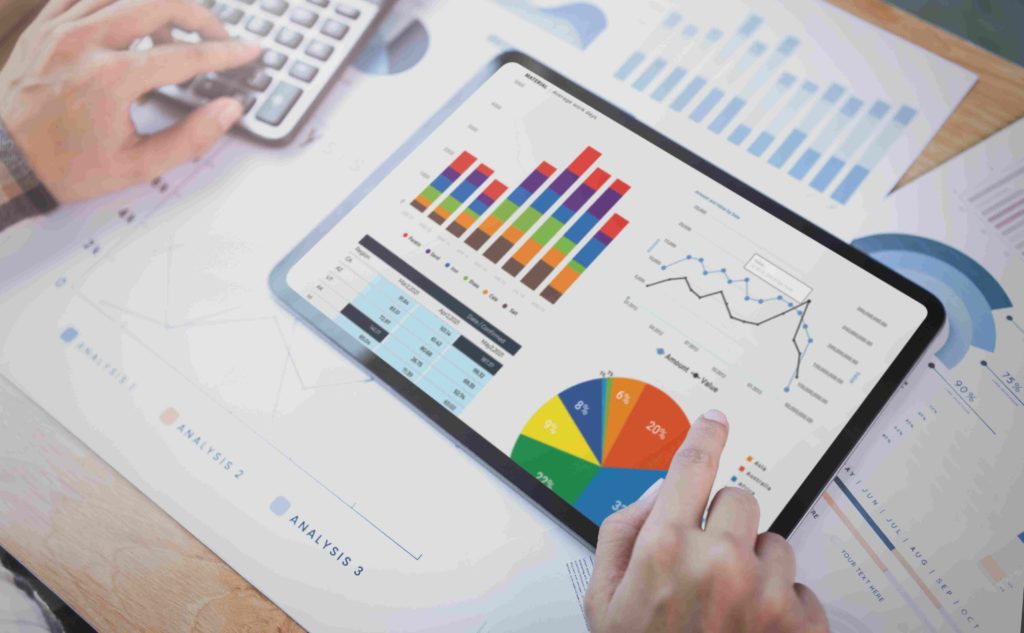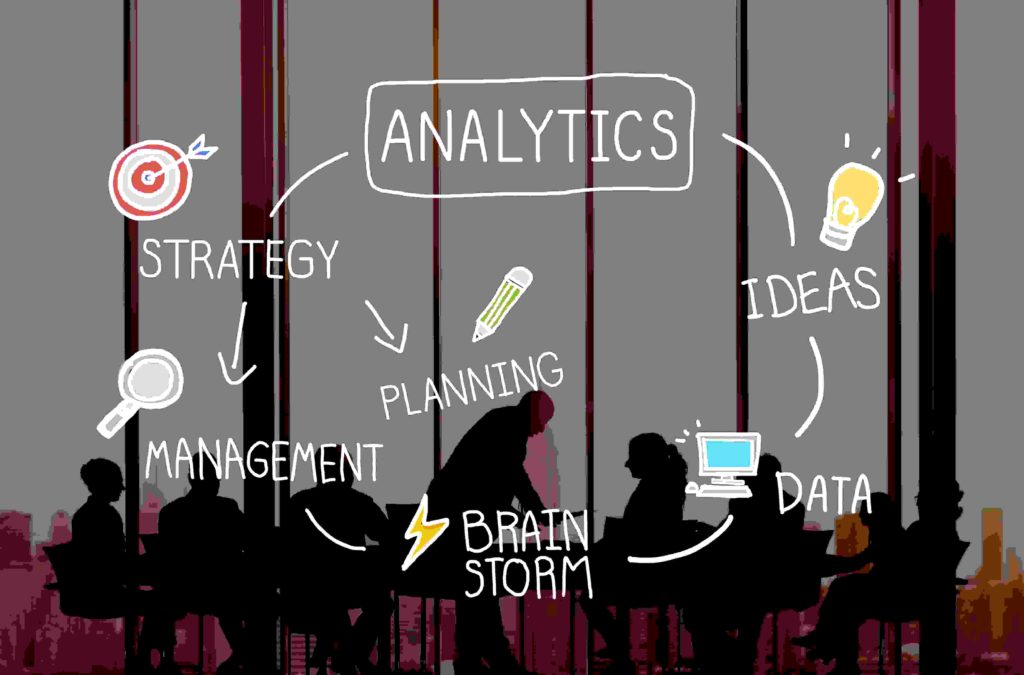Every day, organisations generate vast amounts of data, be it financial numbers, marketing campaign performances, or sales figures. Therefore, it is vital for businesses to understand, interpret, and analyse that information to drive organisational processes.
Analytics for business play a pivotal role in ensuring that the data captured from various sources are seamlessly integrated into the organisation’s ecosystem, in order to help the organisation streamline processes, improve operations, and make critical business decisions.
What is Analytics for Business?
Essentially, analytics for business can be defined as the process of deriving meaning from the data gathered from your organisation in order to make informed business decisions. There is a variety of software in the marketplace available that you can utilise to help you build your analytical framework, but for starters, Microsoft Excel is a useful tool.
Learn more about Excel Training Course in Malaysia.
There are typically 3 business analysis techniques that are commonly used, which are:
- Descriptive: Interpreting historical data to identify current trends and patterns;
- Predictive: The usage of current and historical data to forecast the likelihood of future outcomes and challenges;
- Prescriptive: Using results from past scenarios to generate recommendations on how to handle similar situations in the future.

Analytics for Business – Why It’s Important
Data analytics is an important process that enables business owners and organisational higher-ups to address any issues that are instrumental for short- and long-term successes. Running a business without analysing the data it possesses is as good as driving on the road blind. Not only will you miss tons of opportunities, but you’ll also lack the capability to identify red flags and prepare for them – which can be detrimental for any organisation.
How Business Analytics Can Help Your Business
Studies have shown that organisations that leveraging on analytics for business have reaped the rewards in terms of increased process efficiency, improved financial performance, and better strategic decisions.
1. Identify new business opportunities
Analysing data often enables organisations to discover new business opportunities, especially in terms of customer segments that were not focused on previously. This leads to intelligence-based ventures, reducing risks and increasing potential for growth and profitability.
2. Improve customer targeting
A study by McKinsey & Company has revealed that analytics for business can increase marketing productivity and effectiveness by 15-20%. By analysing data, companies will be able to better understand their customer’s purchasing behaviour. From this knowledge, organisations will be able to devise new marketing campaigns and strategies to appeal to their audiences.
Learn more about Digital Marketing Course in Malaysia.
3. Improve processes
Data science can also help companies to finetune their operations and internal processes. Many companies are using predictive analysis to anticipate potential issues that may occur in the future to determine if they will be able to weather through the storm. The ability to identify problems before they occur provides the company with the flexibility and adaptability required to overcome any challenges faced.

Data Analysis for Businesses
Regardless of the industry your business is in or the size of your organisation, data analysis is a tool that your company can utilise to achieve its goals, both long-term and short-term. In fact, according to Harvard Business School Online, global enterprises are increasing their investments in analytics.
First off, analytics for business enables you to predict upcoming trends, enabling you to be more prepared for what the future holds. Globally, many organisations are still able to sustain and even thrive through the Covid-19 pandemic period. One contributing factor is their diligence in analysing data and using predictive analysis techniques to assist in devising strategies and make decisions.
Also, analytics for business also optimizes performance, which in turn helps your organisation to reduce unnecessary waste of resources. Taking a wrong turn in terms of implementing strategies and targeting demographics can easily cost a company millions and yield zero or negative results in return.
Learn more about Data Analyst Course in Malaysia.
Analytics for Business vs Business Intelligence
Although the terms analytics for business and business intelligence are commonly used interchangeably, they have some key differences which are worth highlighting.
Essentially, business intelligence is the foundation of business analytics, whereby it is usually implemented before business analytics takes place. Business intelligence typically focuses on using descriptive analysis and primarily revolves around determining what is working so far and which areas require improvement.
Once business intelligence has gathered all the information required, analytics for business then takes place, where predictive analysis is conducted to forecast trends and generate actionable insights to aid decision-makers charter the next steps forward.
Why Business Analytics
With all that is said above, it is apparent that analytics is quintessential for a business to sustain and thrive, even during the most challenging times. However, despite the benefits of taking a data-driven approach to business, there is still a lack of skilled data professionals in the industry.
The capability to analyse data in meaningful ways is an asset for individuals looking to upskill their existing repertoire of skillsets for career development. Analytics is essential for organisations seeking to make better business decisions, improve organisational effectiveness and performance. Mobius Group offers a series of data science courses, developed by subject-matter experts, catering for different levels of knowledge from beginners to intermediate learners and advanced practitioners.


Comments are closed.